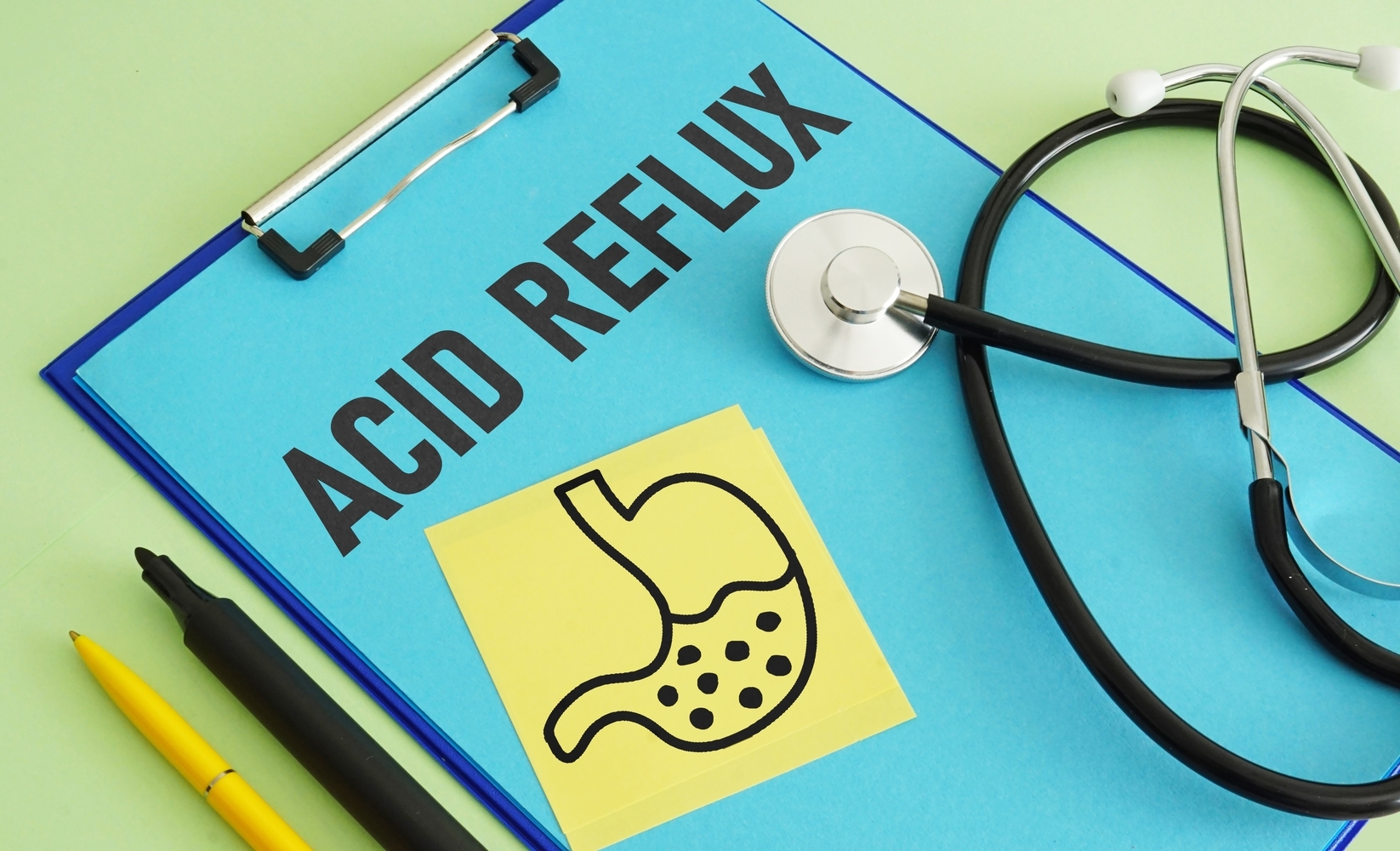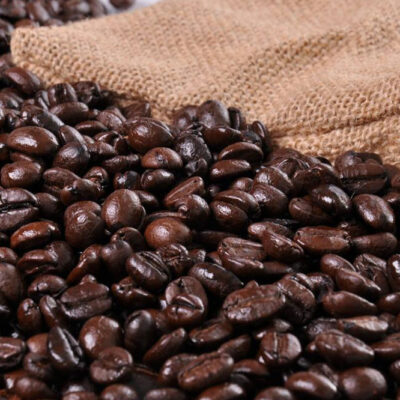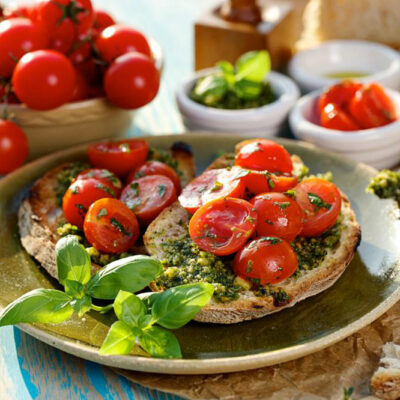
5 Foods That Cause Acid Reflux
Acid reflux occurs when the sphincter muscle at the bottom of your esophagus relaxes at the wrong time, allowing stomach acid to pass back up into the esophagus. This can cause heartburn and associated symptoms, like a sour taste in the mouth, nausea, burping, bloating, regurgitation, and so on. If you experience this and want relief, you’ll want to try medications like Nexium, TUMS Antacid, Alka Seltzer, and Pepcid. For acid reflux caused by GERD, you’ll want to consider a prescription of esomeprazole. However, what you may not have considered is acid reflux prevention, which is done by identifying trigger foods and eliminating them from the diet. Here are 5 foods that are common triggers of acid reflux that you should avoid:
1. Citrus fruits
Oranges, grapefruits, lemons, and limes, while refreshing and delicious, should be avoided when it comes to acid reflux. This is because they are rich in citric acid and can increase stomach acidity, potentially leading to irritation and reflux. Furthermore, some individuals are sensitive to bioflavonoids (found in citrus fruits) which have the ability to relax the esophageal sphincter, contributing to acid reflux.
2. Tomatoes or tomato-based products
Tomatoes are naturally quite acidic, containing citric and malic acids, and can trigger reflux symptoms in some individuals. Interestingly, tomato-based products like sauces and pastes are concentrated forms of tomatoes and can be even more acidic, making them potential culprits for acid reflux.
3. Carbonated drinks
Carbonated drinks like soda and sparkling water contain carbon-dioxide gas, and consuming this introduces gas to the stomach, leading to bloating and increased pressure on the lower esophageal sphincter. Some carbonated drinks also have acidic content, even further promoting acid reflux.
4. Spicy foods
Spicy foods typically contain capsaicin, the compound responsible for heat, which can irritate the esophagus and cause the lower esophageal sphincter to relax and allow stomach acid to flow back into the esophagus. Additionally, spices can slow the process of gastric emptying which keeps foods in the stomach longer, thus increasing the likelihood of reflux.
5. Coffee and tea
Coffee and tea are both rich in caffeine, a known trigger of acid reflux—not only does it stimulate the production of stomach acid, it also can relax the lower esophageal sphincter, making it a recipe for reflux. What’s more, some types of coffee and teas, especially when brewed strong, can be acidic.


